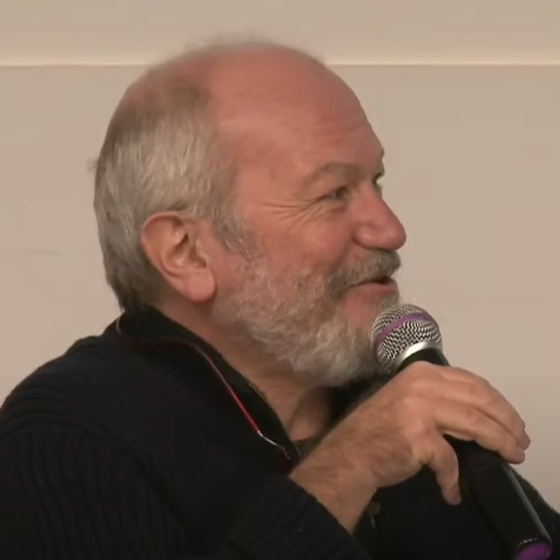
Academic Background
- 2009 Associate Professor in Philosophy at the University of São Paulo
Title: Saint Augustine and the Liberal Arts - 1998 PhD in Philosophy at the University of São Paulo
Title: Saint Augustine, Time and Music
Supervisor: Prof. Franklin Leopoldo e Silva - 1990 Bachelor’s Degree in Music at the University of São Paulo
Current Research
Sound and Image: Symbolic Forms and Limits of Language in Western Patristic Literature
The Christianization of the West led to a rejection of traditional musical and representative practices, committed to paganism. The condemnation of theatrical spectacles, on the one hand, and the fear of idolatry, on the other, were important obstacles to the transmission of ancient artistic practices. However, at this time (between the fourth and eighth centuries of the Christian era) the foundations of a new type of art and music were created, whose characteristics are fundamental to understand the further development of European culture. The research conducted until now on musical theories and aesthetic thinking in the patristic literature seem to show some limits, which have made it difficult to understand essential aspects of this transition. On the one hand, especially in music studies, almost exclusive attention has been paid to technical treatises, which are generally concerned with transmitting the Greek scientific tradition in the most faithful way possible (with misconceptions, it is true, that are not at all accidental and irrelevant), while the texts dealing with the pastoral use and the mystical meaning of the songs are not systematically studied, appearing only in some habitual quotation. In my doctoral thesis, I tried to show first the relation between the new value given to music and the emergence of an idea of conscience in the work of Augustine of Hippo; secondly, how this relationship sustains not only many aspects of Augustinian thought (the relationship between music and language, music and consciousness and thus the relation between music and time), but also the deep structure of later Christian singing, so far removed from the Greek-Roman tradition. To the idea of music as an objective proportional form, present in the relations between sound measures, typical of ancient culture, corresponds, in Christian times, a model of singing as an expression of an inner movement, which is expressed not in but through sounds.
| Pesquisador | Título da pesquisa | Categoria |
|---|---|---|
| EDUARDO DE MORAES CARVALHO | Augustine and the Invention of the Will | Master's degree |
| DANIEL RODRIGUES DA COSTA | Free will and freedom in Augustine’s philosophy: a study from the “semipelagian” polemic | Doctorate Degree |
| JULIA BUNEMER NOJIRI | From the corporeal to the incorporeal: on the theory of signs in the Dialectic attributed to Saint Augustine | Master's degree |
| THIAGO PAULINO JORDÃO | The theory of will in the thought of Saint Augustine | Doctorate Degree |
| ERIKE SANTOS ARISTIDES | THE UNDERSTANDING OF FREEDOM FROM THE PERSPECTIVE OF AUGUSTINE OF HIPPO | Master's degree |

